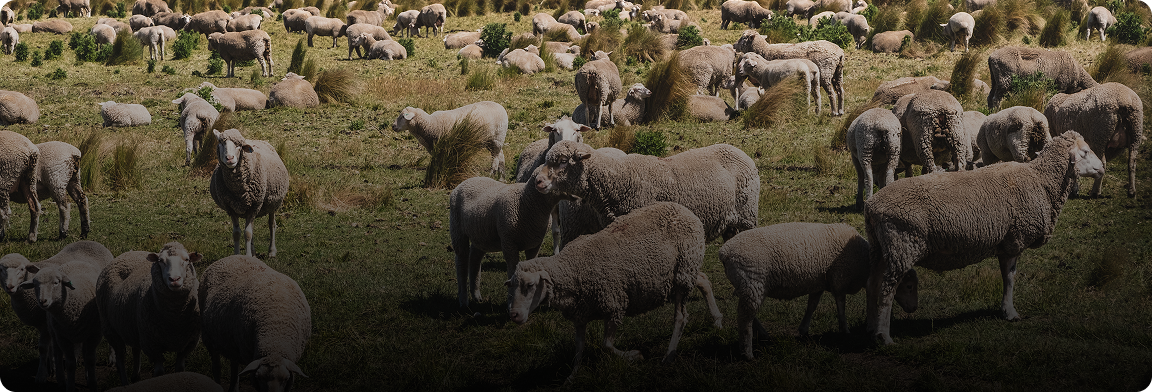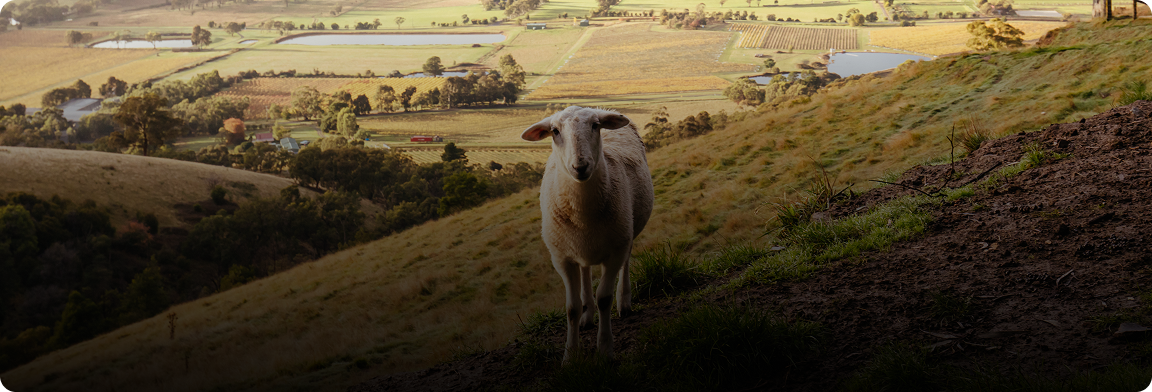Managing waste on livestock farms is very important. If farmers do not manage waste properly, they can hurt the environment. In this blog, we will learn how to handle farm waste in an eco-friendly way. We will explore simple solutions that help the farm and nature stay healthy. Let’s dive in!
Why Waste Management is
Important
Waste management helps farmers keep the farm clean and safe for animals. When farmers do not manage waste well, they pollute the air, water, and soil. For example, animal manure can mix with water and make it unsafe for drinking. It can also harm the plants around the farm. By managing waste, farmers protect the environment and help their animals stay healthy. This helps the farm run better and prevents pollution. It’s also a way to keep nature safe for the future. Waste management is a win-win for both the farm and the planet!
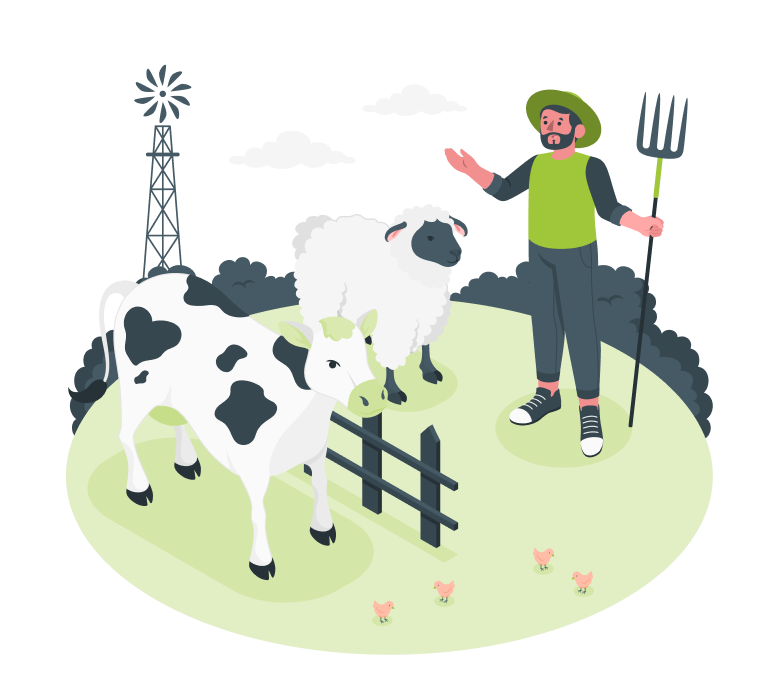
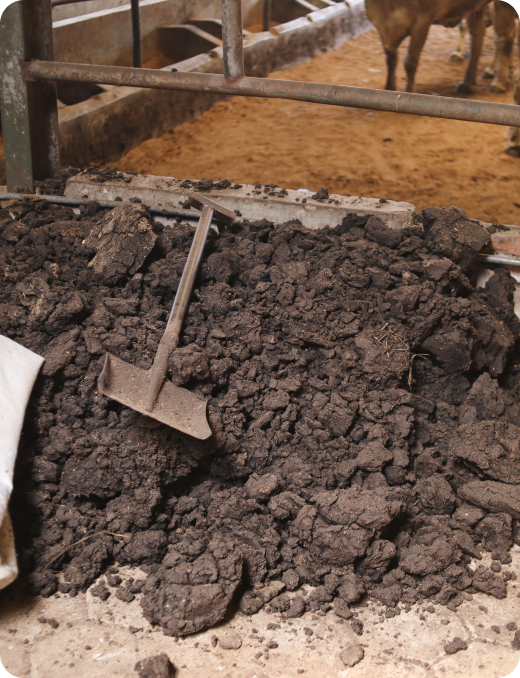
Composting Animal
Manure
DOne great way to handle animal waste is by composting. Composting turns manure into useful fertilizer for plants. Farmers collect manure from cows, chickens, and other animals. Then, they mix it with leaves, straw, and other natural materials. Over time, this mixture breaks down into rich compost. Farmers can use this compost to improve the soil, making it better for growing crops. Not only does composting reduce waste, but it also helps the farm grow healthy plants. It’s a great way to recycle waste and make the farm more eco-friendly.
Using Manure for Energy
Another eco-friendly solution is using manure to make energy. Farmers can use a process called biogas production. In this process, farmers put manure into a special container called a digester. The manure breaks down and creates biogas, which farmers can use to make electricity or heat. This method helps farmers reduce waste and gives them a source of energy. Instead of throwing away manure, farmers can use it in a way that helps the farm run better. Biogas production is a smart and clean way to deal with waste.
Proper Waste Disposal for
Health and Safety
It is very important to dispose of waste the right way to keep the farm healthy and safe. Some waste, like old food or waste from animals, can spread diseases if farmers do not handle it carefully. Farmers should have special bins or areas to store waste before they throw it away. They should also keep the waste away from places where animals drink water or where crops are growing. This keeps everything clean and safe. By being careful with waste disposal, farmers help protect the farm and the environment from harm.
Recycling Farm Waste
Recycling is another eco-friendly way to manage farm waste. Some things on a farm, like plastic or old equipment, farmers can recycle instead of throwing them away. Farmers can separate the recyclables and take them to special centers where they will reuse them. Recycling helps farmers reduce the amount of trash that ends up in landfills. It also helps save natural resources, like trees, metal, and plastic. Instead of letting things go to waste, recycling makes sure they get used again. It’s a simple and helpful way to keep the farm clean and the environment healthy.
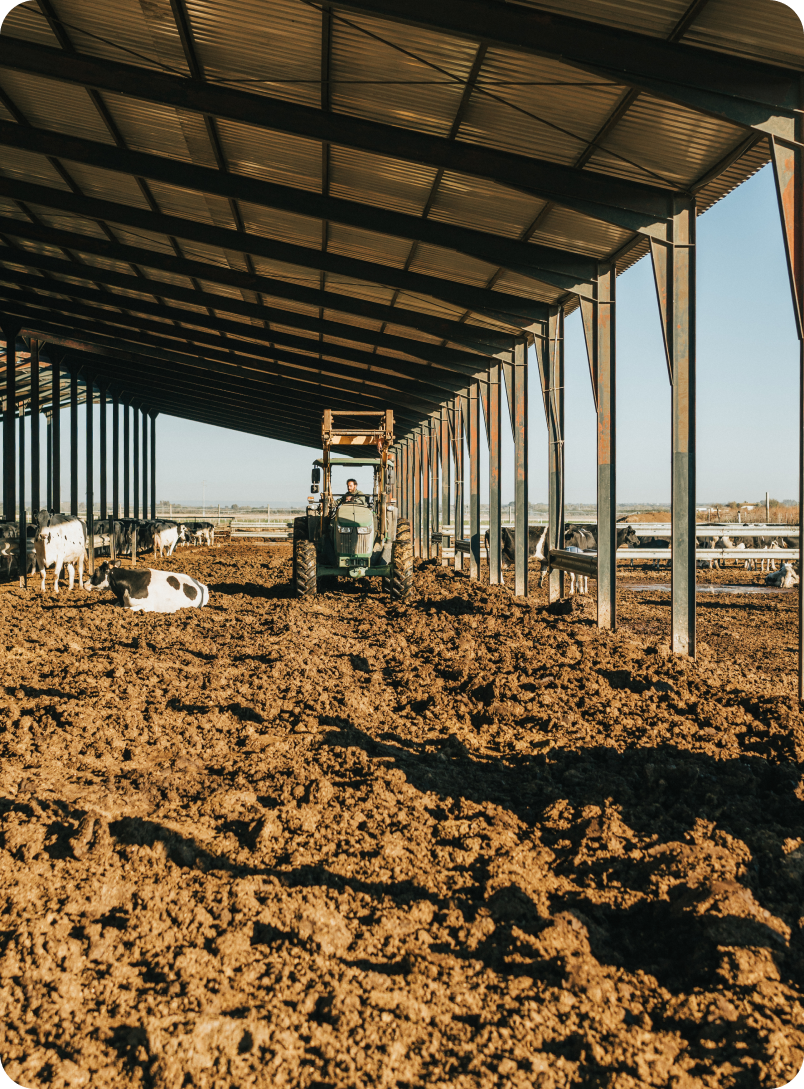

Managing Wastewater on
Farms
Farmers can also manage wastewater from farms, such as water used for cleaning animal areas, in an eco-friendly way. They can treat this water before they release it into rivers or lakes. Farmers can use special systems to clean the water and remove harmful substances. After cleaning, farmers can safely return the water to nature. This helps keep the environment clean
and prevents pollution. Treating wastewater is important for protecting local ecosystems and ensuring that farmers do not harm the water supply.
Planting Trees for Waste
Management
Planting trees on the farm can help farmers with waste management. Trees help absorb carbon and other pollutants in the air. They also help filter water and prevent soil erosion. By planting trees around the farm, farmers can reduce pollution and improve the environment. Trees provide natural shelter for animals and help make the farm a better place to live. They can also create a beautiful space that makes the farm more enjoyable to work on. Trees are a simple way to help the farm and nature.
Conclusion
In conclusion, managing waste on livestock farms is essential for keeping the farm clean and protecting the environment. By composting, recycling, and using eco-friendly solutions like biogas, farmers can reduce waste and help nature. Proper waste disposal, treating wastewater, and planting trees are also important ways to keep the farm healthy. These simple actions create a better future for both the farm and the planet. Managing waste carefully is a great way for farmers to help the Earth while running a successful farm.




